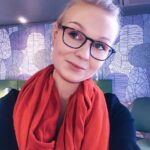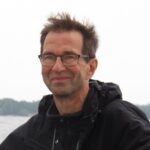Time
1.4.2017–31.3.2020
Project coordinator
University of Copenhagen Department of Biology
Project partners
Funded by
Budget
2 200 000 euros
Åbo Akademi University’s part of the budget
386 000 euros (18%)

Globally, aquaculture is the fastest growing animal production industry (AGR: 8.8 %, FAO 2014), driven by an increasing demand for high quality protein and healthy food. In the Baltic Sea region, aquaculture growth is constrained by concerns about environmental impacts.
To realize the full potential of the industry in the region, environmentally sustainable technologies must be developed and applied across the various stages of the aquaculture rearing cycle. Rearing fish in high densities promotes invasion and transmission of pathogens leading to disease outbreaks and reduced survival at the fry stage in particular, causing substantial economic losses to the industry.

For fish in marine or brackish aquaculture, vaccines are quite effective against the pathogens they encounter, but for fry stages facing the Flavobacterium pathogens found in freshwater aquaculture, vaccines do not work. Currently these pathogens are controlled with antibiotics but this strategy is flawed with serious concerns about development of bacterial antibiotic resistance as well as its potential transfer to human pathogenic bacteria.

Our novel idea for disease management uses natural microbial ‘warfare’ that is both sustainable and environment-friendly: bacteriophages.
Our objective is to improve the sustainability, food safety, and productivity of aquaculture in the Baltic Sea region by developing environmentally balanced bacteriophage-based strategies to control the important Flavobacterium pathogens.
For more information visit the BONUS projects’ website.
